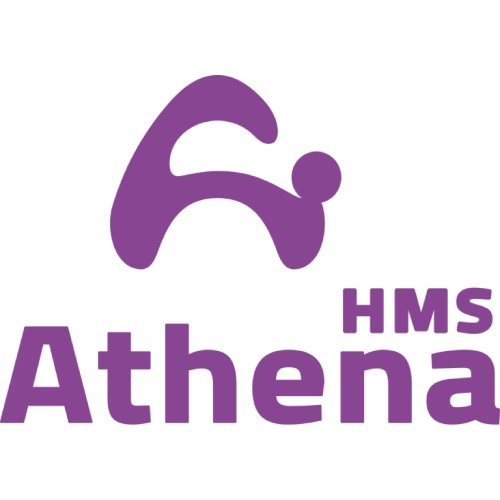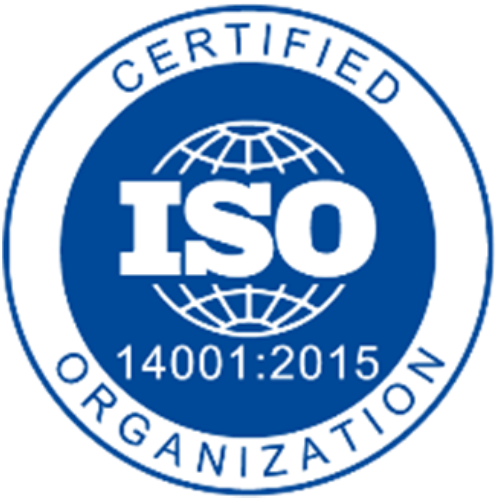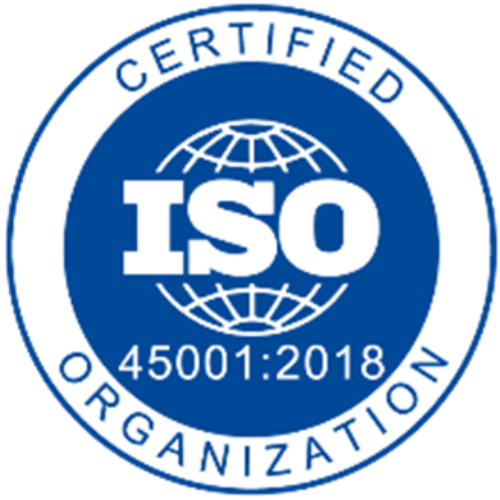Introduction
The rapid advancement of technology is reshaping our world in various ways, and one significant area where it is making a profound impact is the construction industry. With the rise of smart buildings, project management practices are undergoing a transformative shift, leading to increased efficiency, sustainability, and improved quality of life for occupants. In this blog, we will explore the future of smart buildings and how project management is evolving in the residential, road works, and utility sectors in Norway.
Residential Smart Buildings: A Paradigm Shift in Project Management
Smart homes are becoming increasingly popular, offering residents a seamless and connected living experience. Project management in residential buildings is being revolutionized by the integration of technologies such as Internet of Things (IoT), artificial intelligence (AI), and automation. These advancements enable project managers to streamline construction processes, enhance energy efficiency, and provide residents with unprecedented levels of comfort and control over their living spaces.
IoT sensors can monitor and optimize energy consumption, detect maintenance issues in real-time, and improve overall building performance. AI-powered systems can analyze data collected from various sources, enabling predictive maintenance, reducing costs, and minimizing downtime. Additionally, automation technologies enable remote monitoring and control of various systems within the building, such as lighting, security, and climate control, offering residents convenience and energy savings.
Road Works: Enhanced Efficiency through Smart Project Management
Project management in road works is also undergoing a significant transformation with the advent of smart technologies. Norway, known for its commitment to sustainability and innovation, is at the forefront of implementing smart solutions in road infrastructure projects. Intelligent transportation systems, real-time data collection, and advanced analytics are empowering project managers to optimize road construction and maintenance processes.
Incorporating technologies like GPS, sensors, and connected vehicles, project managers can monitor traffic flow, identify congestion points, and implement efficient traffic management strategies. Real-time data collection helps in assessing road conditions, predicting maintenance needs, and optimizing resource allocation. This data-driven approach enhances project efficiency, minimizes delays, reduces costs, and improves overall road safety.
Utility Sector: From Conventional to Smart Infrastructure
The utility sector, encompassing energy, water, and waste management, is witnessing a significant shift towards smart infrastructure. Project management in utilities is evolving to address the challenges of sustainability, resource optimization, and reliability. Norway, being a leader in renewable energy and environmental preservation, is actively embracing smart technologies to enhance its utility infrastructure.
Smart grids, for instance, enable the integration of renewable energy sources and facilitate efficient distribution and consumption. With advanced monitoring and control systems, project managers can optimize energy distribution, detect faults, and improve response times during power outages. Similarly, smart water management systems utilize sensors and data analytics to monitor consumption, detect leaks, and enable efficient resource allocation.
Project Management in Norway: Leading the Way in Smart Solutions
Norway’s commitment to sustainable development and innovation has positioned it as a frontrunner in implementing smart solutions across various sectors. The country’s emphasis on project management practices ensures the successful integration of technology in construction projects, leading to efficient outcomes and improved quality of life.
Norwegian project managers are embracing digital tools and platforms that streamline communication, collaboration, and data management. Cloud-based project management software, Building Information Modeling (BIM), and virtual reality simulations aid in planning, monitoring, and optimizing construction projects, enhancing overall productivity.
Moreover, Norway’s focus on renewable energy, electrification, and green building standards aligns with the goals of smart buildings. By combining sustainable practices with intelligent technologies, project managers in Norway are creating environmentally friendly structures that reduce energy consumption, promote resource efficiency, and enhance occupant comfort.
Conclusion
The future of smart buildings is incredibly promising, as they continue to revolutionize project management practices in residential, road works, and utility sectors in Norway. The integration of advanced technologies such as IoT, AI, and automation is enabling project managers to enhance efficiency, sustainability, and occupant experience.


















Leave A Comment